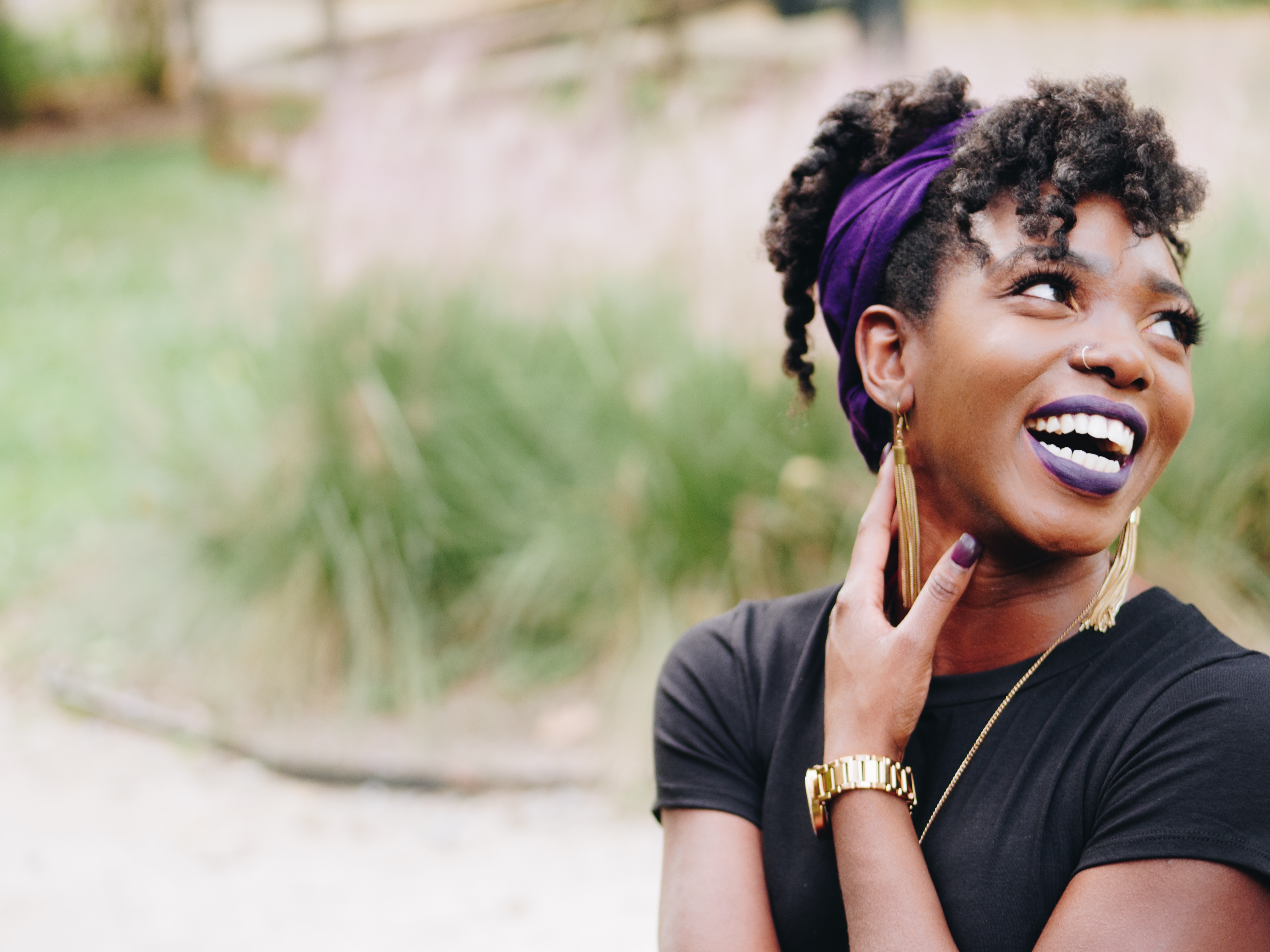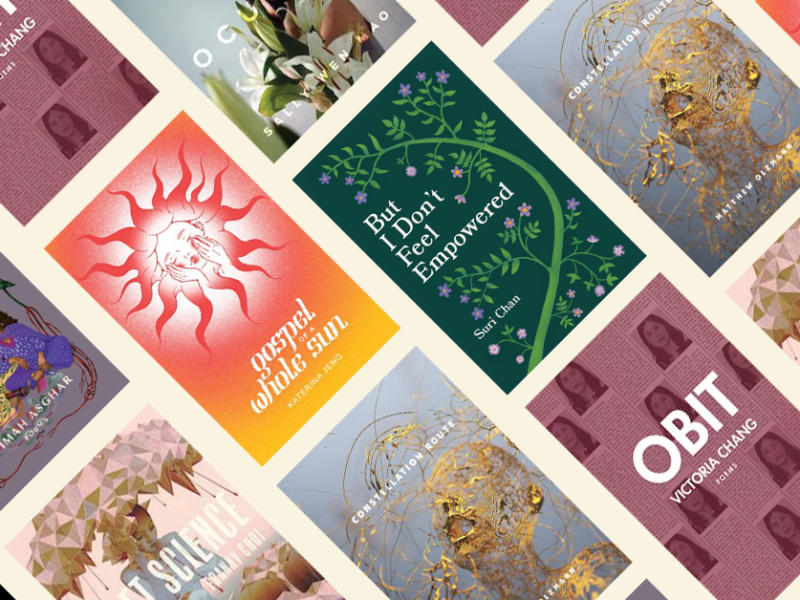I’m sure I’m not alone when I say I read poetry for connection because it’s a way to understand the human experience more fully. No matter who we are or where we come from, our religion, race or language, we seek to share our stories and pieces of our lives with one another.
The poetry collections by black poets listed below do just that—share experiences. From encounters with racism and its effects, to motherhood and inhabiting the black female body; from explorations of historical and personal trauma to loss, love, feminism, family and resilience, these modern collections of poetry are heartbreaking, thought-provoking, funny, magical, experimental, angry and wildly captivating.
Chameleon Aura by Billy Chapata
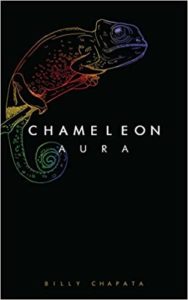
Zimbabwean poet Billy Chapata creates a harmonious blend of poetry and prose, experience and advice through his chaptered series, Chameleon Aura. Chapata explores humanity, our resilience, and our undeniable worth, as he writes of love, loss, rebirth, and self-acceptance.
I Can’t Talk About the Trees Without the Blood by Tiana Clark
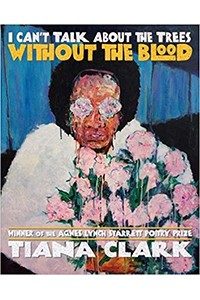
Winner of the 2017 Agnes Lynch Starrett Poetry Prize, Tiana Clark’s I Can’t Talk About the Trees without the Blood, explores an image she cannot escape: trees as gallows. Her poetry delves into her own experiences as she learns of the personal and public histories of black people in America, explicating memories and muses around race, elegy, family, and faith. Using mythology, literary history, and her own ancestry, Clark’s poetry collection speaks of trauma, a broken past, and family lineage through the eyes of a black woman raised in the American South.
Magical Negro by Morgan Parker
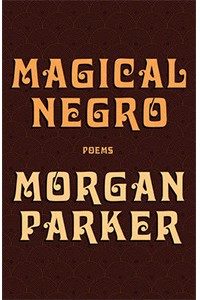
Focused primarily on depictions of black womanhood alongside personal narratives, Magical Negro tackles interior and exterior politics—of both the body and society, of the individual and the collective experience. Parker explores themes of performance, identity, and ancestral grief as she reclaims the “magical negro” trope often portrayed in films as a two-dimensional black character known only in their relation to a white character. As an archive of black everydayness, a catalog of contemporary folk heroes, and an inventory of figureheads, idioms, and customs, Parker’s second collection is a timeless portrayal of melancholy and triumphs.
soft magic by Upile Chisala
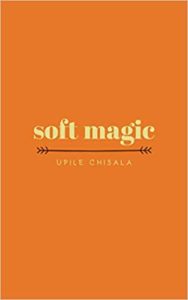
From Malawian writer Upile Chisala, soft magic is a collection of poetry and prose that explores the self, joy, blackness, gender, matters of the heart, spirituality, the experience of Diaspora, and survival. This debut collection is a healing journey by a poet who seeks to help others and herself come to terms with the past, so they can celebrate the present and create beautiful futures.
Life on Mars by Tracy K. Smith
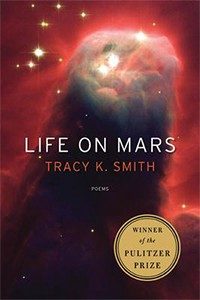
One of my personal all-time favorite poetry collections, Life on Mars speaks of the connection between the universe and human life. Poet laureate, Tracy K. Smith, envisions a sci-fi future, with allusions to David Bowie and interplanetary travel, as she explores the discoveries, oddities, and failures of the human existence. Smith’s third collection of poetry is nothing short of brilliant.
Ordinary Beast by Nicole Sealey
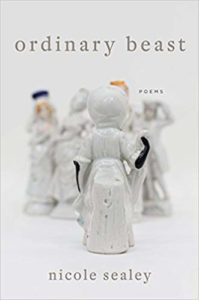
A striking debut collection from Virgin Islands-born poet Nicole Sealey, Ordinary Beast, is an empathic examination of what it means to be human. With restless and experiential form, these poems are philosophical and emotional as they explore notions of race, sexuality, gender, myth, history, and embodiment. Described as both daunting and knowledgeable, this collection cannot be overlooked.
Citizen: An American Lyric by Claudia Rankine
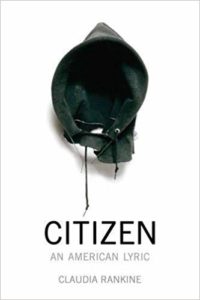
As a Finalist for the National Book Award in Poetry, Citizen: An American Lyric is a provocative meditation on race. By recounting racial aggressions in ongoing encounters in twenty-first-century daily life and in the media, Claudia Rankine serves anthropological text and cultural criticism, investigating the black american experience, especially the pervasive nature of racism, highlighting whiteness’ investments in civility and denial. In essays, images, and poems, Citizen is a powerful testament to the individual and collective effects of racism in our contemporary, often misnamed “post-racial” society.
My Mother Was a Freedom Fighter by Aja Monet
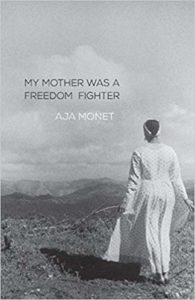
My Mother Was a Freedom Fighter is poet Aja Monet’s ode to mothers, daughters, and sisters, or as she sees it—the tiny gods who fight to change the world. Told through the lens of growing up in East New York in the nineties, to school on the South Side of Chicago, all the way to the olive groves of Palestine, these poems tackle racism, sexism, genocide, displacement, heartbreak, and grief, but also love, motherhood, spirituality, and Black joy. Monet’s powerful and feminist lyrics urge the reader to ask what it means to fight for freedom through radical care and solidarity.
I’m So Fine by Khadijah Queen
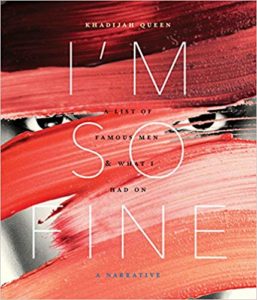
I’m So Fine: A List of Famous Men & What I Had On, is framed primarily by random celebrity encounters in Los Angeles from the 1980s and ’90s. Queen addresses what it means for a woman to fight for dignity and survival in an often hostile environment and how deciding what she wants for herself allows her to come into her own power.
The Crown Ain’t Worth Much by Hanif Abdurraqib
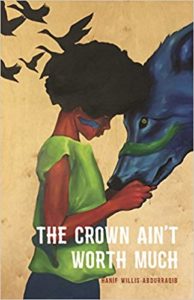
The Crown Ain’t Worth Much, Hanif Abdurraqib’s first full-length collection, is a sharp and vulnerable portrayal of city life in the United States. As a regular columnist for MTV.com, Abdurraqib brings his interest in pop culture to these poems, analyzing race, gender, family, and the love that finally holds us together even as it threatens to break us. Seeking to render human voices in moments of celebration and tragedy, Abdurraqib’s poems are said to be raw, powerful and passionate.

